
About This Quiz
Slang is as much an evolution of language as dialects are an evolution of language. What was the slang of yesteryear becomes the ordinary language of today. Before the western world's fascination with maths in the 1800s, double-negatives were common in the English language. In those early days, double-negative statements were seen as emphasising the negative, not negating it. The cultural fascination with maths changed that forever. If maths can alter the shape of language, imagine what the addition of other languages can do, as has happened in America. Words misheard are interpreted and given new meanings, repeated and misheard again. Sooner or later, new conventions spring up, some as slang.
American slang comes from immigrant communities with their own languages. It comes from subcultures' lexicons. It comes from the way children communicate on social media. It arrives in music, in film, in television shows and the typos in the chats of online video game players. American slang is less closed to the outside world, as with rhyming slang, but to the uninitiated, it makes little sense. American culture is inescapably spread all over the world, so you may have heard some of its slang, but do you really know the meaning of any of it? Test your knowledge, cowboy!

John Hancock was a man from Massachusetts who was among those who signed the Declaration of Independence. He is noted for many things, among them his rather large, flamboyant signature. Thus, affixing one's "John Hancock" to something means to sign it.

An expression that sounds simultaneously passive aggressive and aggressive agressive, "ankle biter" is one of many strange American slang terms for children, including "rug ape," "crumbcrusher," and "rug rat."

"Carpetbaggers" and "carpetbagging" is a slang idiom that goes back to America in the 1800s. The traditional meaning is "a politician who moves from place to place looking for a district that will elect them," but more recently, it can mean any sort of disingenuous political opportunism.
Advertisement

Originating in the early days of the US Air Force, the original meaning of "buying the farm" was to crash, and presumably to die. Today it can refer to a number of different kinds of failure or death.

"Hitting the books" is something with which American students will be familiar. More than the simple act of studying, it is closer to cramming, burying oneself in learning materials until the new information penetrates.

"Bailing" means to leave suddenly as in "Sorry, but I've got to bail on you." Other colorful American slang terms that mean the same thing include "split," "haul ass," "blow," "make tracks" and the archaic "scram."
Advertisement

"Tea," likely derived from "T for truth," is a modern slang term for truth. "Sipping tea," conversely, refers to things that are "none of your business." Other terms for truth include "the dope," "the score," "the goods" and "not just whistlin' Dixie."

"Swag" has taken on new meanings over the years, but its origins remain a mystery. Some believe it has Dutch roots, originating in New Amsterdam. The meaning "free stuff" is interpreted as the word standing for "stolen without a gun."
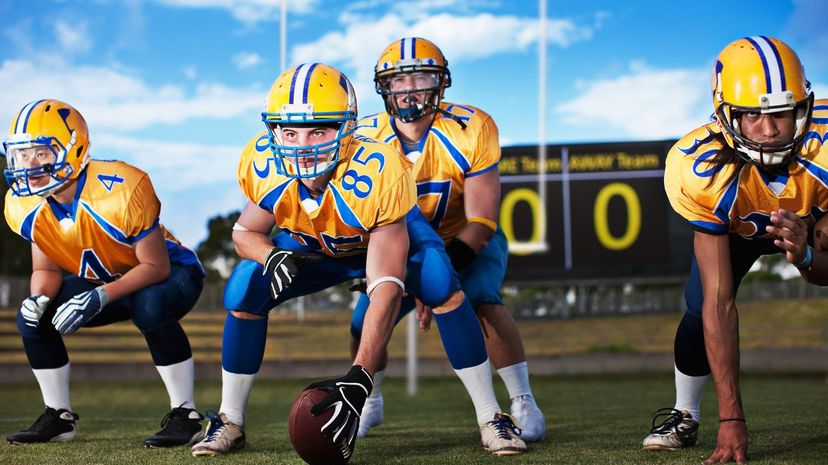
A "Monday morning quarterback" is someone who criticises people after they have engaged in a task, with the benefit of hindsight. The term comes from how Sunday is the traditional day for American football games, thus making Monday morning the time when people will discuss the game.
Advertisement

"Yeet," meaning to suddenly shout or to physically throw something, is a colorful piece of modern American slang. It could be used as in "I've gotten a raise! Yeet!" or "I went to click my mouse, and my hand landed on an actual mouse, so I yeeted it out the window."
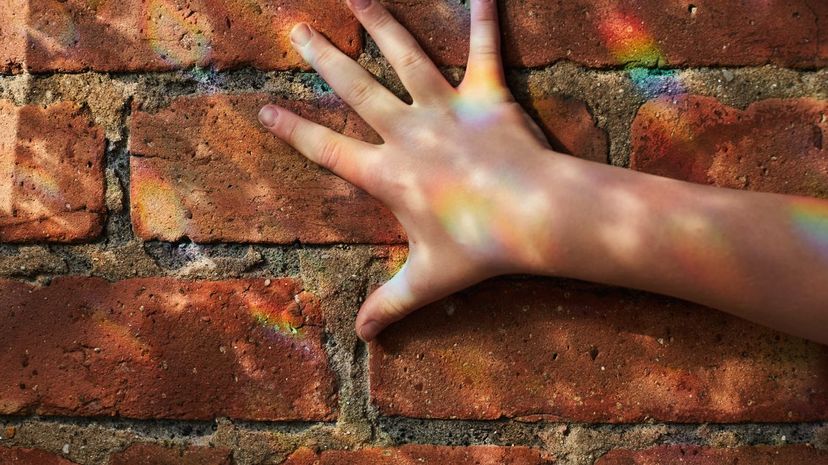
Picketing, particularly with the visual aid of signs or, in the case of New York strikers, a large inflatable rat, is an old tradition among unions. American union members took to calling the act of picketing "hitting the bricks," due to the walking in circles holding signs.

While "zonked" can refer to chemically-induced exhaustion, its common use is to refer to the state of natural exhaustion as in "I can't watch another episode of this. I'm zonked." "Bushed" and "blah" can mean the same thing.
Advertisement

"Snow job," meaning over the top bragging, could be likened to another slang expression, meaning telling an obvious lie: "laying it on thick." Other expressions include "jive" and "fish story."
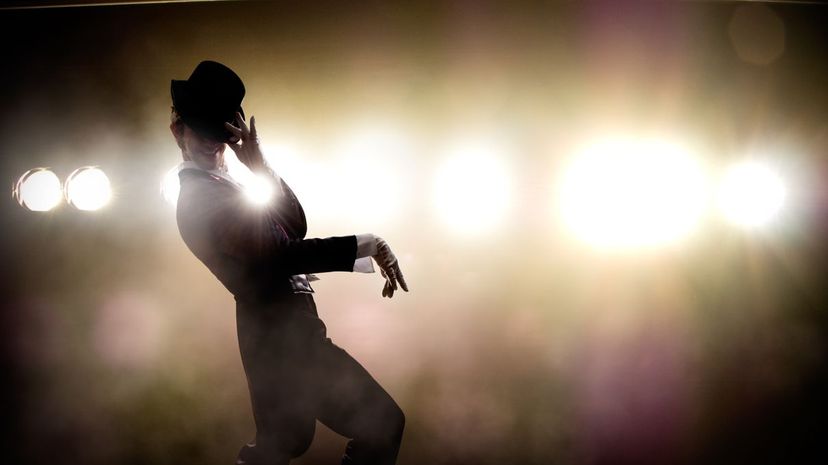
In America, "topping oneself" means the act of being better at a task on a successive try. When Americans encourage their friends to "top themselves," it's actually friendly encouragement!
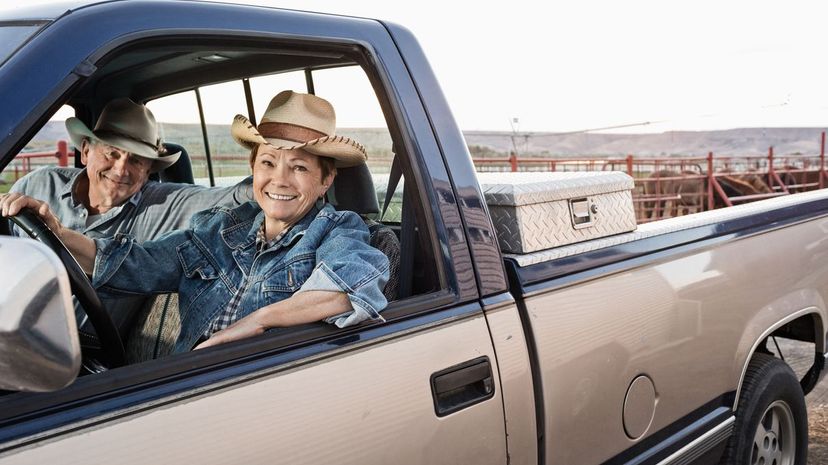
When wagons became popular in America, there were times when the wagons needed protection in the form of a shotgun-toting passenger. To accommodate right-handed guns, these passengers would sit to the right of the driver, thus today's expression for sitting in the front seat.
Advertisement

Before Americans had refrigerators, food was kept in barrels. When politicians negotiated for money to be lavished on their districts, it was said to fill the barrels with pork, thus giving birth to "pork-barrel politics" as an expression. Today, this has been shortened to "political pork."

Although not totally clear, it appears the origins of this expression come from the days of the horse-drawn carriage in America. Were someone to ask what the slurry of manure on the ground was, the answer would be "It's for the birds."

"Rain checks" have their origins in American baseball, games of which will not be played if the rain is sufficiently heavy. A rain check was a physical ticket given to game attendees on their way out of the stadium if the game would be played on another day. Today it can mean postponing a dinner or meeting.
Advertisement

The 1990s saw an explosion of words meaning "cool", of which "the bomb" is one. Others words that mean the same thing and are part of American slang include "fly" and "dope."

The original meaning of "pounding the pavement" refers to the act of walking quickly while in search of something. While it still means this, its definition has expanded to include the much more common usage, which is in reference to hunting for a job.
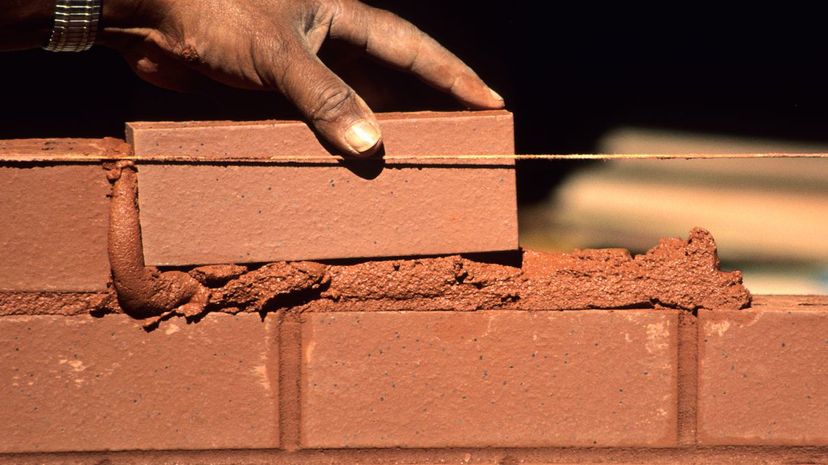
The most common usage of this expression is in basketball, but the other two are used as well. The bathroom usage is much less common, as there are other more colorful expressions for the same thing.
Advertisement
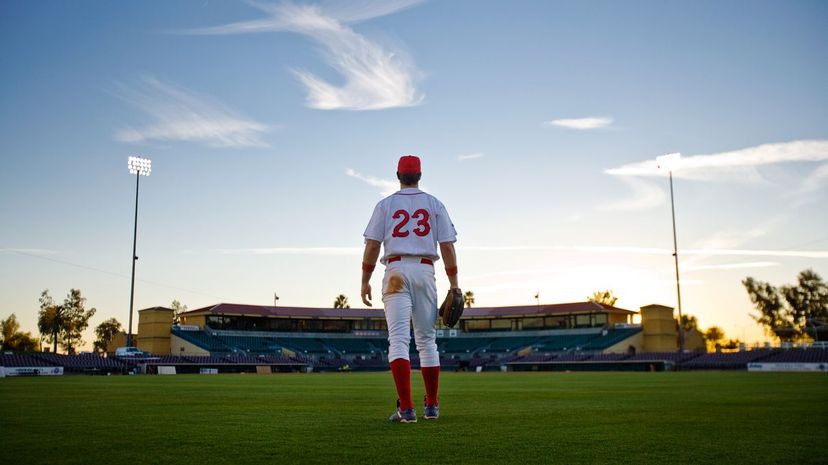
An expression with roots in baseball, this has several similar meanings. A "ballpark figure" is a term often used when negotiating salaries, meaning "I'd be willing to offer you something in the ballpark of $90,000 to $95,000 per year."

Owing to a spate of incidents in US Post Offices in the 20th century, the expression "to go postal" means to go on a rampage in the workplace. This can be related to the original meaning, or a gentler meaning such as a shouting incident, etc.

Referring to an episode in the waning years of "Happy Days," the expression originally meant the point in the life of a television programme when the plot has nowhere to go and hasn't tied itself up properly, thus must resort to silly stunts to remain in motion. Today it can mean anything that has outlived its usefulness.
Advertisement

Some American stadia are so massive that the highest seats are over a hundred meters off the ground, so high that fans joke that sitting in them will cause nosebleeds. As a result, the highest, worst seats in a stadium or theater are called "nosebleed seats."

The expression "taking the fifth" refers to taking advantage of one's right against self-incrimination under the fifth amendment of the U.S. Constitution. As a result, it is fair to assume that any time someone "takes the fifth," they are admitting that they have committed a crime.

In the early 1980s, the Audi 5000 was noted for having a mechanical problem causing sudden acceleration. As a result it found its way into slang, meaning "to leave suddenly."
Advertisement

The correct use of "yadda yadda yadda" was codified by the television sitcom "Seinfeld" in which the characters made clear that "yadda yadda yadda" can never mean something important. The saying was in use for a long time, but this was its major injection into the bloodstream of popular culture.

Coming from the baseball term for the batter in line immediately behind the batter who is batting, "on deck" means when someone is waiting for their chance to do something, or when a project is ready to go, etc. In baseball, the "on deck" batter waits in what is called "the on-deck circle."

A broad expression with its roots in baseball, this means to have been very lucky in life. In baseball, getting to third base normally requires a great deal of skill, so being born there means having had much of the work done for one already.
Advertisement
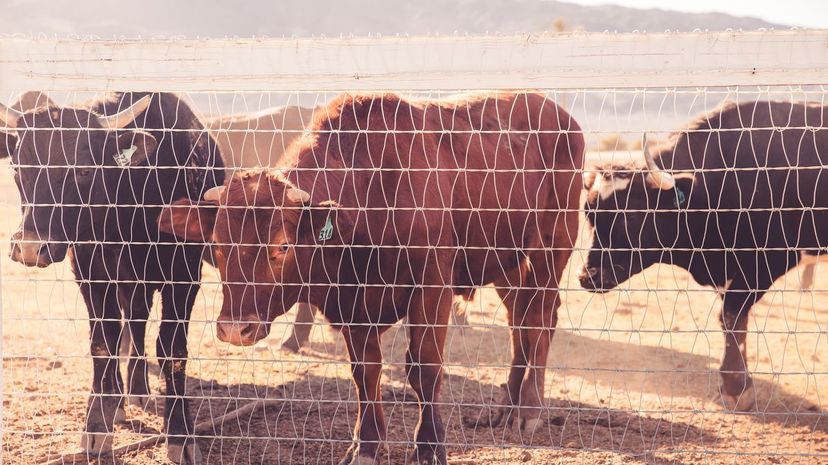
Holding cells are called bullpens because "bull" is an old expression for police officers. Open-plan offices, as they used to resemble holding cells, were called bullpens. More recently, having a "rotation," as in baseball, of romantic partners, is sometimes called "a bullpen."

To be called "a keeper" is one of the highest compliments available to American slang. It means to be the sort of person one would want to marry, or employ, depending on context.

Recent years gave Americans the expression "Netflix and chill," a verb used as a euphemism for going into a private place to be intimate. It is an excellent piece of modern innuendo.
Advertisement
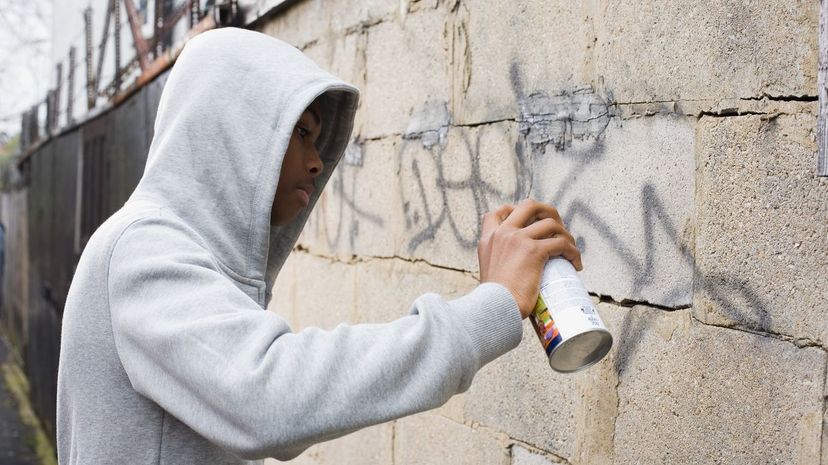
With its origins in describing truancy, "playing hooky" refers to the act of avoiding one's daily responsibilities, be they working a job, or going to school. It is used as a verb but can be used as a noun by leaving off the first word.

A piece of American slang that can be confusing on the page but never when in use is "whack." Entering mainstream use in the early 1990s, it refers to a state of being deeply uncool and worthy of ridicule, and it's an adjective.